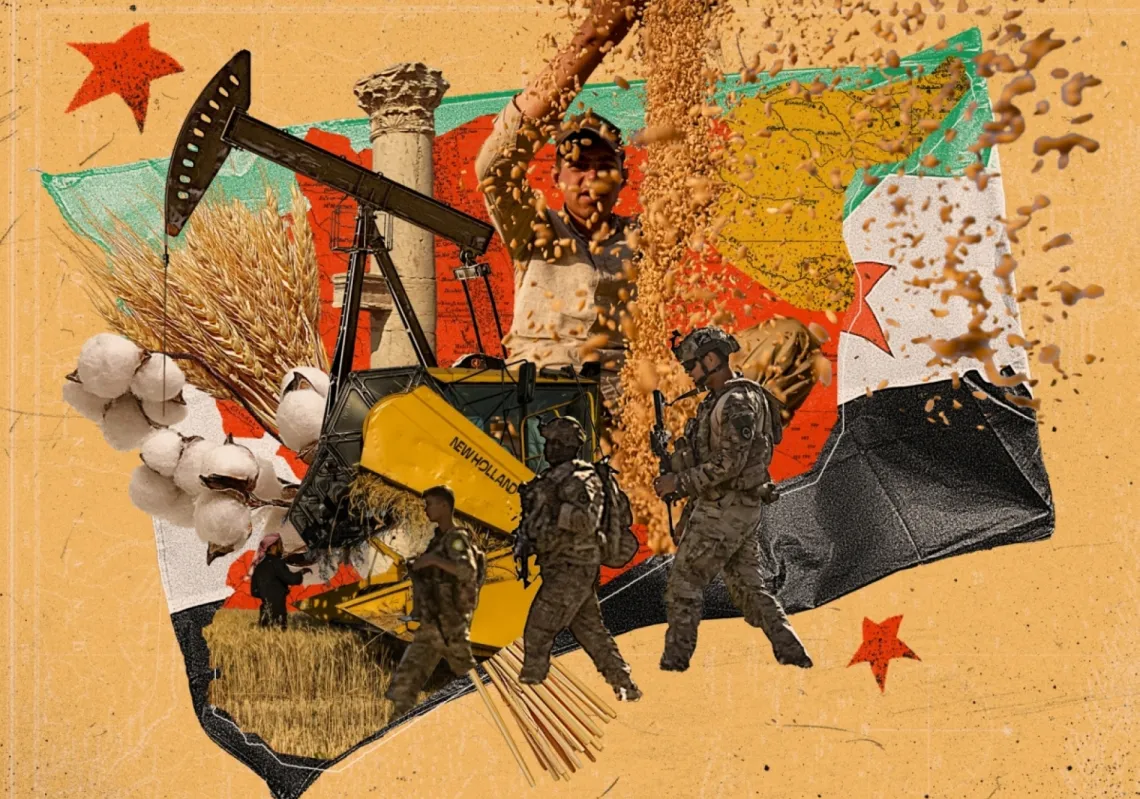HOW DOES THE WHO DECIDE WHETHER TO CALL IT A PANDEMIC?
A pandemic does not refer to an increase in the potency or deadliness of a disease, but solely a growth in its spread.
An epidemic refers to the spread of illness in a "community or region... clearly in excess of normal expectancy" - or a cluster of outbreaks in a number of countries. Once this spread becomes increasingly global and out of control, it becomes a pandemic. The latter has to have self-sustaining links of infection. This means that involve travellers who have been infected in a foreign country and have then returned to their home country, or who have been infected by that traveller, known as the “index case”, do not count towards declaring a pandemic. There needs to be a second wave of infection from person to person throughout the community.
CAN YOU STOP A PANDEMIC?
The World Health Organization’s declaration of a coronavirus pandemic should not be viewed as an admission of defeat. Dr Jeremy Farrar, Director of the Wellcome Trust, told The Telegraph: “The WHO is right to declare this a pandemic. We are in extraordinary times. The decisions made in the coming days and weeks will be crucial. We can still change the course of this pandemic."
Dr Tedros added: "We have never before seen a pandemic sparked by a coronavirus. And we have never before seen a pandemic that can be controlled at the same time.
"We’re in this together, to do the right things with calm and protect the citizens of the world. It’s doable."
PANDEMICS OF THE PAST
Pandemics have been a part of human history for centuries. The first pandemic of the 21st century was H1N1, commonly referred to as swine flu, in 2009.
“While most cases of pandemic H1N1 were mild, globally it is estimated that the 2009 pandemic caused between 100,000 and 400,000 deaths in the first year alone,” the WHO wrote.
“Children and young adults were disproportionately affected in comparison to seasonal influenza, which causes severe disease mainly in the elderly, persons with chronic conditions and pregnant women.”
The most severe pandemic in recent history was the 1918 influenza pandemic, sometimes referred to as the "Spanish flu." The pandemic was estimated to have infected about 500 million people or one-third of the world's population and killed some 50 million worldwide.
There remains some debate about where this H1N1 flu virus originated, but scientists have found that the virus had genes of avian origin. In other words, it had a connection to birds.
More American soldiers died from the 1918 flu pandemic than were killed in battle during World War I in 1918, according to the CDC. In 1919, the pandemic subsided but the H1N1 virus continued to circulate seasonally for 38 years.
Milder pandemics in the last century include the “Asian flu” of 1957 and 1958 and later the “Hong Kong flu” of 1968.
The Asian flu was first reported in Singapore in February 1957, Hong Kong in April 1957 and in coastal cities in the U.S. in summer 1957, according to the CDC, with an estimated 1.1 million deaths worldwide.
The estimated number of deaths from the Hong Kong flu was one million worldwide, with most deaths in people aged 65 and older.

WHAT IS THE ECONOMIC IMPACT?
According to the World Bank, the annual global cost of moderate to severe pandemics is about $570 billion (about £440 billion) or 0.7 percent of the world's income.
The Sars outbreak in 2002-03 – which only infected about 8,000 people – caused about $50 billion in damage to the global economy. Although its mortality rate is lower, the coronavirus could be even more destructive.
This is partly because of the world’s greater reliance on China than 17 years ago. China represented just five percent of the world economy during Sars – now it accounts for a fifth, and about a third of global growth.
Already in the last week – and before the outbreak was labelled a pandemic – the global economy has taken a huge hit, with oil prices falling and one of the worst days for the stock market since the financial crash.
WHAT HAPPENS NEXT?
WHO chief Tedros Adhanom Ghebreyesus has warned that the window of opportunity to contain Covid-19 is "narrowing". Recent outbreaks in Italy and Iran, which so far have no clear link to China, pose a significant challenge to health authorities trying to stop the spread of the virus.
In 2009, the H1N1 swine flu outbreak was called a pandemic but it turned out to be mild, leading to criticism after pharmaceutical companies rushed the development of vaccines and drugs.
It is important to note that the coronavirus is more deadly than the swine flu, which infected between 700 million and 1.4 billion people worldwide but only had a mortality rate of 0.02%. WHO director-general, Dr Tedros Adhanom Ghebreyesus, said the health agency is not changing its advice on what countries should do.
However, he said countries must ramp up their efforts by ensuring they detect, test, treat, isolate, trace and mobilise their people. He added that individuals must take the importance of vigorous personal hygiene seriously while staying up-to-date with the latest official advice.








